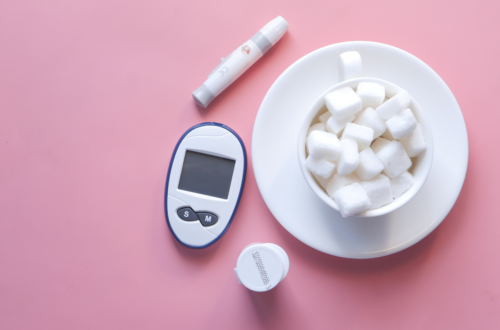
Behavior Change and New Habits
As the new year begins, many people start new diets to improve their health. After a month or so, they often feel frustrated and find it tough to stick to these eating behaviors. This can lead to a sense of wanting to give up, even though they haven’t given themselves enough time to develop these new routines.
How Long Does it Take to Form New Habits?
The speed at which new habits form hinges on our willingness to embrace change. Initially, we assess how our actions align with our short and long-term health objectives. We weigh the advantages of maintaining the status quo against those of initiating change. When the benefits of change outweigh the comfort of familiarity, we gear up for action. This could involve reading informative materials, enrolling in a structured program, or confiding in a supportive friend. Commitment and a sense of responsibility propel us from contemplation to implementation.
Habits that are specific, measurable, and realistic tend to take root more quickly compared to vague, lofty intentions. Allow yourself a minimum of 4 weeks of consistent effort before “giving up” on a desired habit. This timeframe provides ample opportunity for the habit to become ingrained in your routine and for you to experience its benefits.
Where Should You Start?
Begin by targeting the easiest changes that will deliver substantial benefits. Identify areas where minimal effort can yield significant results. For instance, replacing sugar-sweetened beverages such as soda, reducing added sugars in your foods, and moderating alcohol intake can greatly enhance your health with minimal preparation or planning required.
How do you Overcome Roadblocks?
Consider your daily habits as stepping stones toward achieving a larger, more significant goal. If one path is blocked with barriers, try another.
If your primary aim is diabetes prevention and you’re struggling to reduce added sugars, consider shifting your focus. Instead, concentrate on increasing your intake of lean proteins. Both dietary adjustments can contribute to the overarching goal of preventing diabetes.


You May Also Like

Happy National Nutrition Month!
March 5, 2023
Week 5: School Nutrition
February 17, 2015
